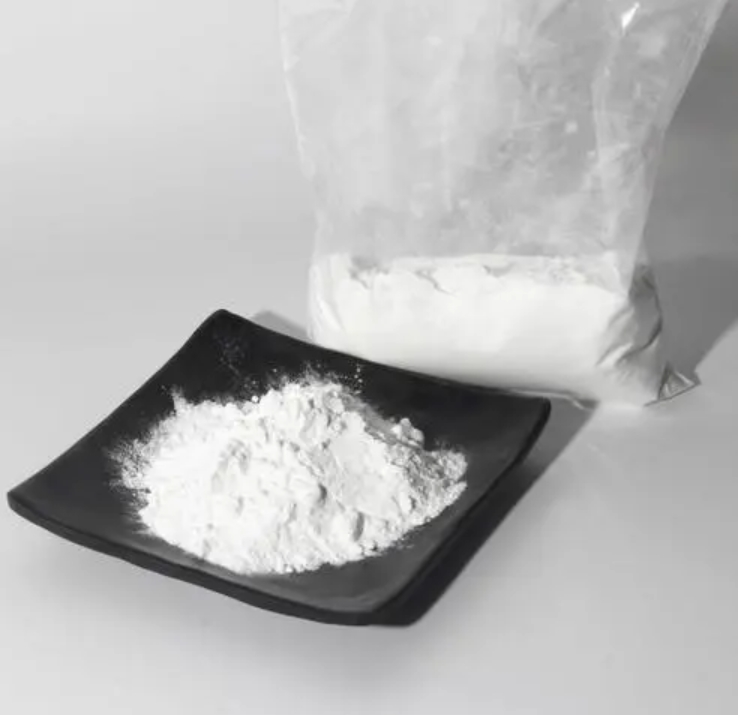
- +86-13363869198
- weimiaohb@126.com

ਨਵੰ. . 20, 2024 19:07 Back to list
what are pharmaceutical intermediates
Understanding Pharmaceutical Intermediates A Key to Drug Development
Pharmaceutical intermediates are essential components in the complex world of drug development. They serve as building blocks in the synthesis of active pharmaceutical ingredients (APIs) and play a crucial role in the pharmaceutical industry. Understanding what pharmaceutical intermediates are and their significance is paramount for anyone interested in pharmacology, chemistry, or drug manufacturing.
What Are Pharmaceutical Intermediates?
Pharmaceutical intermediates are chemical substances that are formed at intermediate stages in the synthesis of APIs. These intermediates undergo further chemical reactions and transformations before they become the final active substance that can be used in medications. They can be simple molecules or complex structures, depending on the complexity of the drug being produced.
For example, consider the synthesis of a common pain reliever like ibuprofen. The production of ibuprofen involves several steps, each producing intermediates that are subsequently transformed into the final product. These steps may include the formation of various intermediate compounds, each of which is necessary for the successful manufacture of the final pharmaceutical product.
Importance in Drug Development
The role of pharmaceutical intermediates in drug development cannot be overstated. They are critical in several aspects
1. Cost-Effectiveness The use of intermediates allows pharmaceutical companies to reduce costs. By breaking down the synthesis process into smaller, manageable steps and using intermediate compounds, manufacturers can optimize production efficiency and minimize waste.
2. Quality Control Intermediates often serve as checkpoints in the synthesis process. By analyzing these substances, manufacturers can ensure that each stage of production meets specific quality standards before moving on to the next step. This careful monitoring helps minimize defects in the final drug product.
3. Flexibility The ability to use intermediates enables chemists to modify drug compounds. By changing specific intermediates, researchers can create variations of drugs to enhance efficacy, reduce side effects, or improve the overall therapeutic profile. This flexibility is vital in the research and development of new medications.
what are pharmaceutical intermediates

4. Scale-Up and Optimization Pharmaceutical intermediates facilitate the scaling up of drug production from laboratory to commercial levels. Once a synthesis route is established and intermediates identified, the process can be optimized for larger-scale production without compromising quality.
Regulatory Considerations
Like all aspects of pharmaceutical production, the handling and production of intermediates must comply with strict regulatory standards. Agencies such as the Food and Drug Administration (FDA) in the United States and the European Medicines Agency (EMA) oversee the manufacturing processes of both APIs and their intermediates. These regulations ensure that all substances involved in drug production are safe and effective for human consumption.
Manufacturers must provide rigorous documentation of the synthesis processes, conditions under which intermediates are produced, and testing results of each intermediate. This regulatory scrutiny is crucial for maintaining public confidence in the safety and effectiveness of pharmaceuticals.
The Future of Pharmaceutical Intermediates
As the pharmaceutical industry evolves, the role of intermediates continues to expand. Advances in technologies such as continuous-flow chemistry, artificial intelligence in drug design, and greener chemistry approaches are changing how intermediates are developed and utilized.
Moreover, the growing field of personalized medicine emphasizes the need for novel intermediates that can cater to individualized treatment plans. This trend is likely to drive further research and innovation within the realm of pharmaceutical intermediates, leading to more efficient, tailored drug development processes.
Conclusion
Pharmaceutical intermediates are more than just chemical building blocks; they are integral to the entire drug development process. By facilitating efficiency, ensuring quality, and allowing for flexibility in drug design, intermediates play a critical role in bringing safe and effective medications to market. As the pharmaceutical landscape continues to evolve, the importance of understanding and optimizing these intermediates will only grow, paving the way for the next generation of innovative therapeutics.
-
GS-441524 White Liquid Production for Factories | AI-Optimized
NewsAug.02,2025
-
AI-Optimized CAS: 79099-07-3 Factories for High Yield
NewsAug.01,2025
-
Premium CAS 1451-83-8 Factory with GPT-4 Turbo | AI-Optimized
NewsJul.31,2025
-
Pharmaceutical Intermediates - AI-Optimized Synthesis & Purity
NewsJul.31,2025
-
Top CAS: 79099-07-3 Factories & Wholesale Supplier from China
NewsJul.30,2025
-
High-Quality GS-441524 for White Liquid Type Factories & Suppliers
NewsJul.29,2025